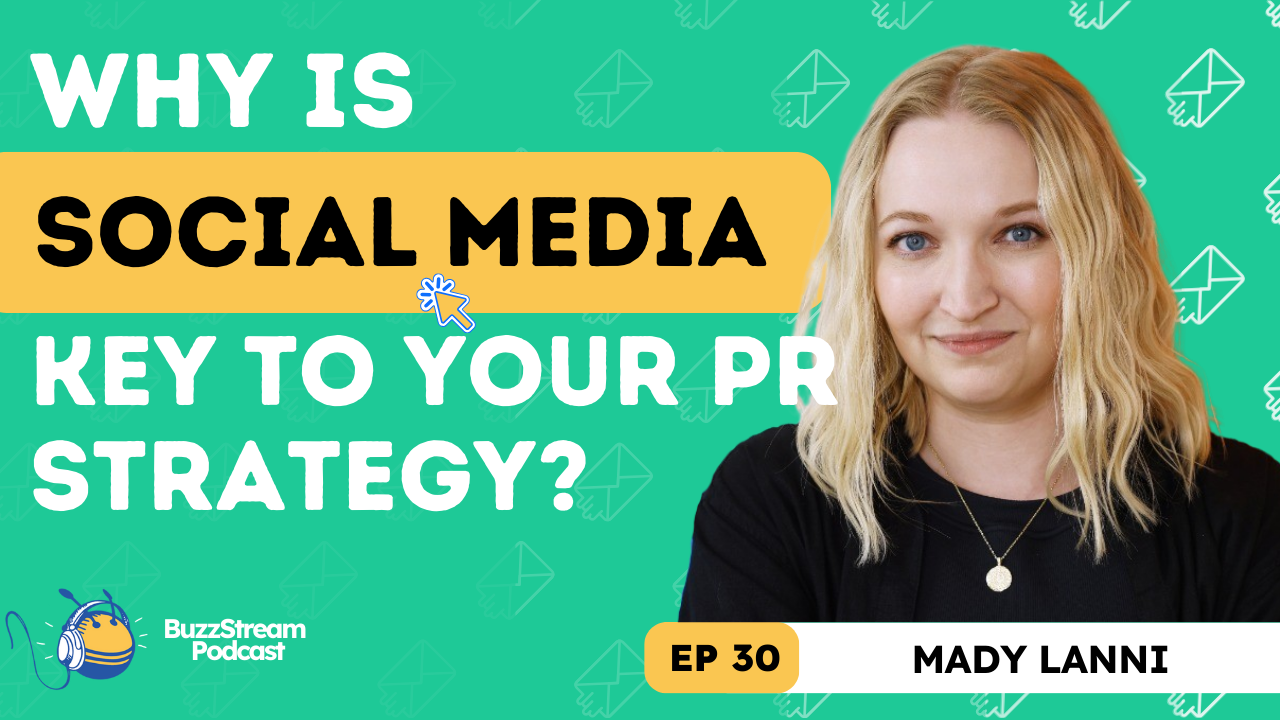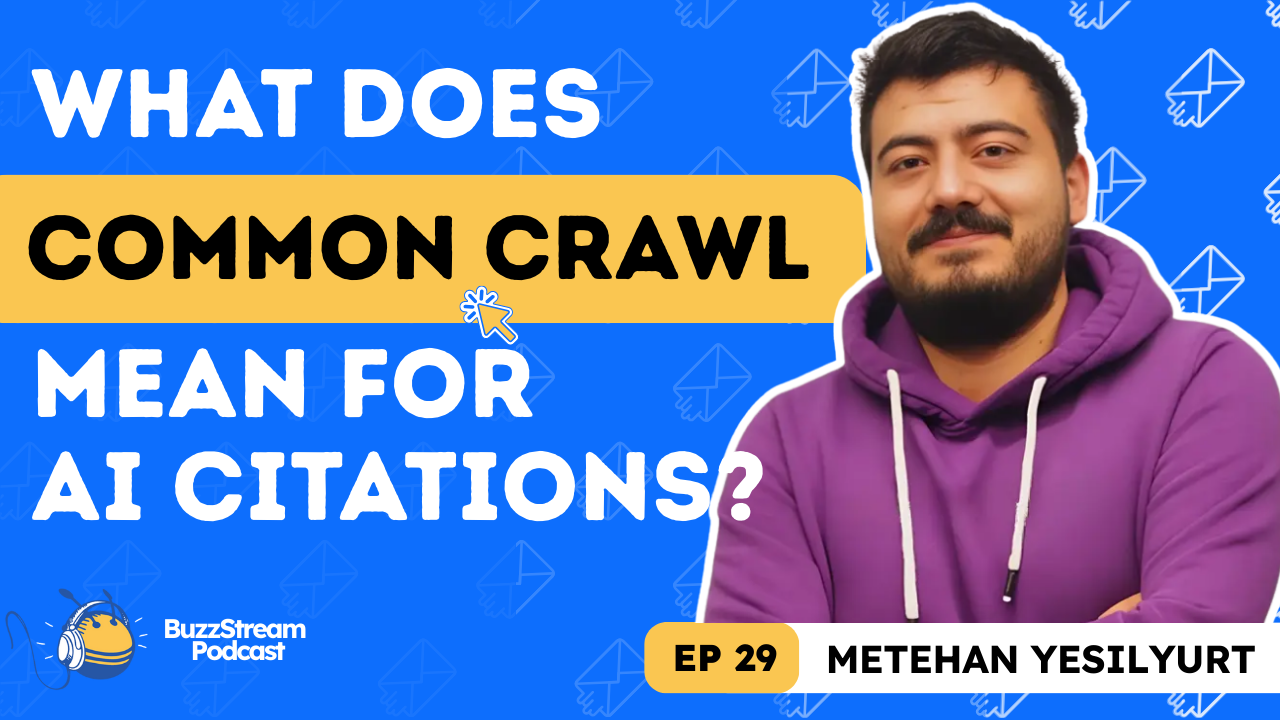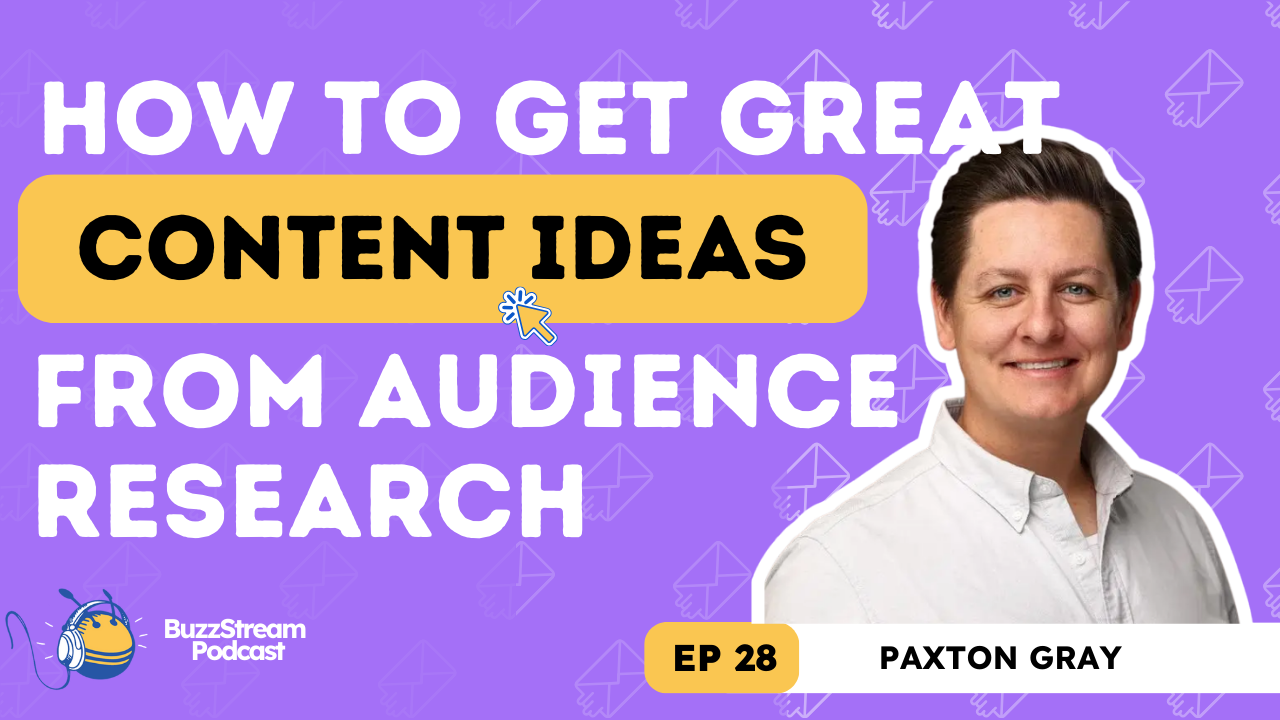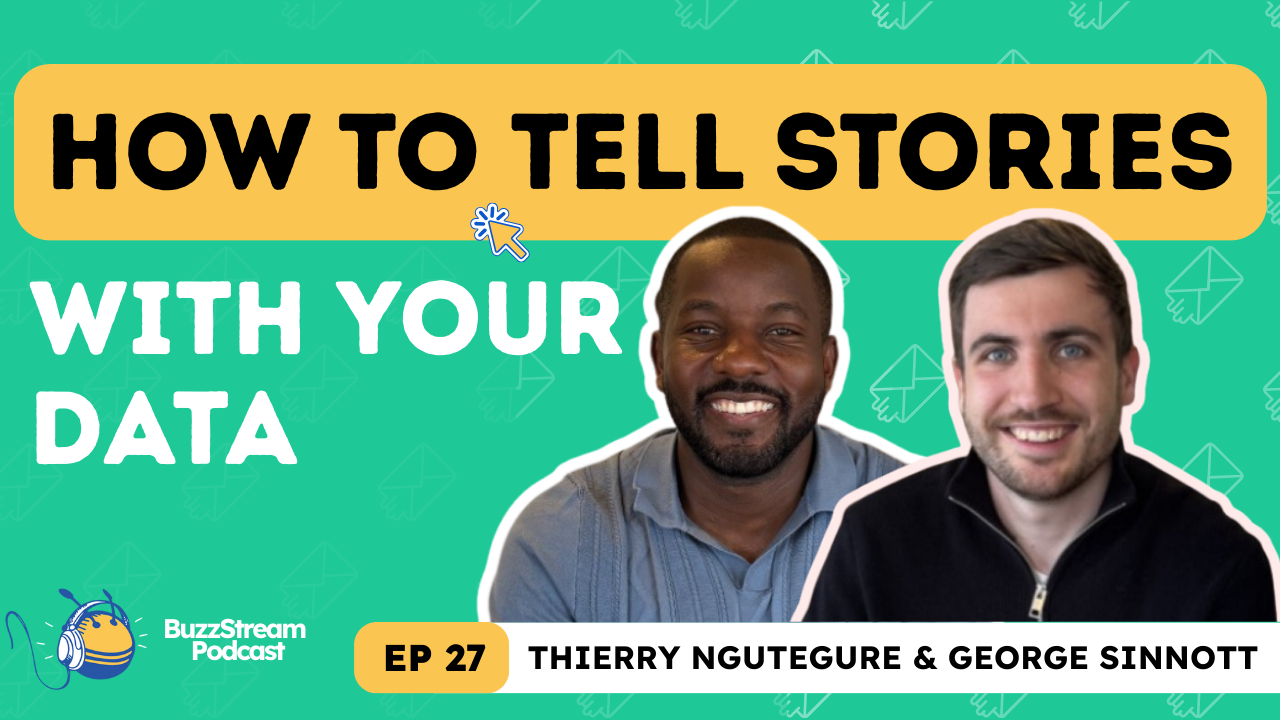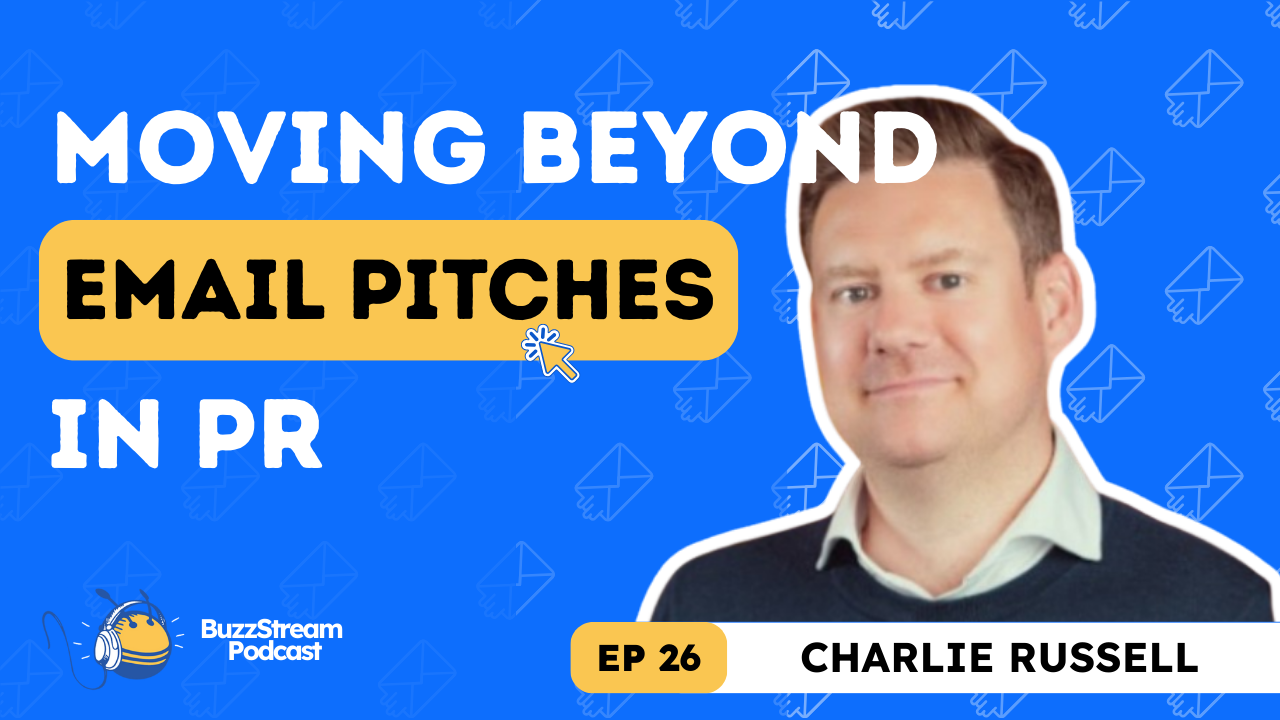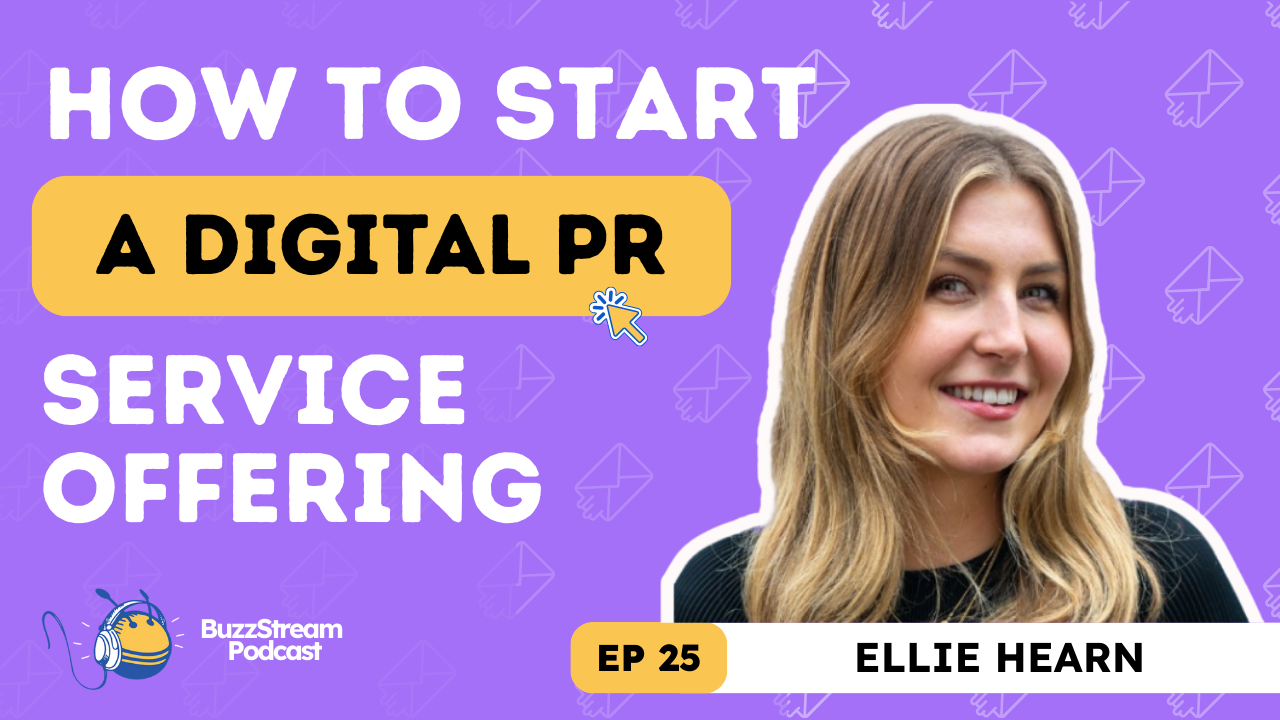Table of Contents
Our guest for this episode, Rich Brooks, is a man of many hats. He runs the Agents of Change Digital Marketing Conference, is the president of Flyte New Media, and is the Tech Guru for his local NBC channel in Maine, among many other things.
Rich was kind enough to invite me onto his podcast to chat about digital PR, which is how we first met. But, after speaking with Rich, I realized that he has a wealth of experience in building his own conference that I thought our audience could benefit from.
I’m really interested in this as a way for companies and organizations to differentiate their brand, stand out, and more importantly, get those coveted brand mentions.
If you’re interested in events or conferences, check this one out!

Why did you initially start the conference?
Yeah, because I don’t know that it’s right for everybody. And when we first started, it was a 400 people, which is a pretty big event, especially in Maine.
I think the reason I started is I like putting on events. I like being on stage.
I enjoy being able to share ideas and teach people.
And I find the stage one of my favorite ways to do it because I like the interactivity of it. And I had gone to a bunch of, I was going to suddenly going to these national events, either as an attendee or as a speaker, things like blog world, SMX and South by Southwest and social media marketing world.
And I just kind of got the impression that, well, I saw that there weren’t a lot of Mainers who were going to these events.
And so my thinking was, what if I just created my own event, maybe a little bit size down, downsized for Maine, and put it on myself?
And that became the impetus of the Agents of Change conference. So I started bringing in speakers from away to bring in fresh ideas.
And it just became this thing that I enjoyed getting up there on stage, I got to headline my own event.
Also got to bring in speakers from all over the country and have them share their best ideas with other marketers and business owners from Maine. That was kind of the original reason for doing it. And then over time I discovered it actually became a great lead magnet for Flyte New Media, my agency as well.
How do you use a conference as lead gen?
For me, of the things that I noticed, I’m sure you do the same thing or most business people do is when people come to you and say, you know, we’d like to, we’re interested in working with you.
You always ask, how did you hear of us?
And I found that more and more people were starting to say, I’ve been attending the agents of change for years, but I’m finally ready for a website or search engine optimization or social media, whatever it might be.
And because I was up there on stage and because I was, you know, branded as Flyte New Media and branded as the Agents of Change.
That got us into a lot of boardrooms and offices that we wouldn’t have gotten into otherwise.
So it was kind of creating this thing that didn’t require you to work with Flyte, but it still branded Flyte as a thought leader.
Somebody, especially me, who was connected to thought leaders and cutting-edge marketers from around the country, sometimes from around the world.
And that just raised Flytes profile and it raised my own profile.
So those things work together as well. And then it also becomes something that people want to talk to about.
Nobody’s really interested when I go to events talking about the fact that I run a digital agency.
Half the people there run digital agencies.
But the idea that you put on an event and once people hear that, you know, at its peak we had, you know, 400 people or so coming into this event and I was getting some of the top known speakers from around the country, at least in marketing, to come to the event.
That’s something people want to hear about.
They start talking and it’s a great way of just kind of breaking the ice, so to speak, with a lot of people who may end up either doing business with us or maybe they become vendors of ours or partners of ours.
So it just opened up a lot more doors than would have if I just stuck to a podcast or just stuck to posting things on Facebook.
Are conferences good for everybody?
Sure. Well, first of all, I just want to say it’s a lot of work.
There are conferences of all sizes and you kind of alluded to that.
And I remember going to, you know, blog world that at the time had thousands of people. Or I’d go to South By, and it’s like 10 times that.
There are huge, huge events, but there’s also small regional events that might just have 50 people or a couple hundred people.
So I think it really depends on what you’re looking to accomplish when you want to kind of create your own buzz.
And also it doesn’t have to be super big because it’s more important.
It depends on what your goals are.
There’s the raising of your profile, there’s your branding.
Because of this, I was able to negotiate deals with local TV stations, with local press and all this sort of stuff, and I got extra press because of it.
But there’s also that situation where maybe you just want to get 10 of your best prospects in a room and teach them as well and call that an event.
So you don’t have to start big and you can kind of see if this is right thing for you.
But if you have a message to share with people and part of your process is education, then events can be very powerful for you.
And back in the day when, because people started coming to me, they’re like, how do you put on your own event?
And there was a time when I was actually teaching people how to put on their own events.
And I said, you know, there’s three S’s that I keep in mind.
- Seats
- Sponsors
- Speakers
So those are the three elements that you need to consider.
So, speakers, are you going to be doing this by yourself, which is totally fine. In fact, we’re actually putting on a smaller event.
Right now we’re calling Flyte School Live.
It’s just me and two of my co-workers and we’re doing a half day on content marketing and websites and conversion and measurement.
So it could be very small, maybe it’s just you, maybe it’s a teammate or maybe it’s more like a big event where you bring in speakers from around the country and tap into their audiences.
Sponsors you don’t need to have but it’s a great way to generate revenue for the conference. Conferences take a lot of time and effort. Our goal is always to at least break even.
If we can get sponsors, they can help us pay for speakers because if we’re bringing speakers in from away, we’ve got to pay for their flights.
Not every conference does this but pay for their flights, pay for their hotel, pay for a few meals.
Sometimes for a keynote we might pay for that.
I know for other conferences they don’t pay anybody, and sometimes they pay quite a bit.
And then seats is just everything you need to do to fill that space as much as you possibly can. So those are the three things that I recommend people pay attention to before they ever start trying to sell tickets.
What are some of the biggest mistakes you’ve made in the past when putting on events?
Yeah, I think part of it is just making sure that you’re actually serving an audience because everything falls apart if you don’t have an audience.
You can get away without speakers. You could be the only speaker.
You could pull people from your team.
Sponsors are nice, but the bottom line is you can make your money off of ticket sales or there are other ways of doing that.
So those are nice to haves, but if you’re not going to get people into the seats, then everything’s going to fall apart.
There’s no reason to bring in speakers if you don’t have an audience for them to speak to.
I would say make sure that whatever the topic that you are going to cover, that it’s really relevant for your ideal customers.
We have a client here at Flyte and they manufacture cement and like paver blocks and things like that.
And they put on an event every year for their audience. Their audience is landscapers and hardscape professionals.
So when they put together this audience or when they put together this conference, all of the presentations and all of the speakers specifically talk about how to run a better business if you’re a landscaper or a hardscape.
They get up and talk about some of their own products, but then they bring in other speakers and other companies likely who won’t compete with them.
I’ve even spoken there spoken there a few years as somebody who comes in from a marketing standpoint and what a landscape or hardscape or needs to consider when it comes to say local SEO or paid search paid social those sort of things.
So I think they do a great job. They don’t even charge their their attendees for this.
They get money from people who want to get an exhibit exhibitor booth.
They get money from sponsors, but they’re willing to take it as a loss leader because it builds loyalty for their audience.
So it really depends what your objectives are but just making sure that you’re serving an audience who’s gonna show up either show up and pay or show up and be an audience that then maybe exhibitors or sponsors would pay to get in front of.
How do you balance putting your brand out there, but not making the show about you?
Rich Brooks (11:13)
Right, and to be honest, we’ve kind of separated church and state in that, right?
Because it’s easy to have called this event Flyte school, like we ended up doing for our own small event.
But originally this started as kind of like a side project for me because I was like, I just want to do something different.
And then ultimately ended up pulling it back into Flyte because I needed help running it.
I don’t see a problem with branding it with your own company name and doing something like that. If you’re trying to make yourself the center, if you’re trying to raise your profile, and obviously there is something lost.
If a local reporter talks about the Agents of Change in a story, there’s not an immediate connection for the reader that that’s Flyte New Media.
So there’s an argument that you probably should be doing it under your own brand.
I don’t think you need to hit people over the head with it once they’re there.
They’re gonna see your branding. I mean for Flyte we have a booth there.
The people who work at our company are often the people who are like basically the volunteers so to speak, know, helping people to their seats or answering questions, making sure that everybody gets lunch served on time, all those sorts of things.
We have a booth. We answer questions. One of the things that we do is you can schedule a free consult with a number of members of my team, whether it’s for branding, web design, digital marketing, and we just do that kind of as a service.
But again, we’re establishing our credibility.
It’s like, we know what we’re talking about.
You can get a free sample of that right now. Imagine what it would be like if you worked with us.
And that’s why the goal was always like, let’s just pay our bills when it comes to this thing, because we can consistently get business from these conferences.
Almost invariably, somebody buys a website, hires us for SEO, hires us for some other sort of digital marketing either right after the show is over and then or sometimes years later but they know that when they’re ready to make that decision or leave their current agency they’re going to at least consider Flyte New Media and that helps raise our profile and it gives us other things to talk about on social media as well.
Vince Nero
Yeah, and again, just the through line there is that people are telling you what you ask them where you’ve heard of us and they’re saying we’ve heard of you through your conference.
Rich Brooks
Absolutely. And then of course, we spend a lot of time doing measurement marketing as well.
And so we’re seeing traffic coming from our website for Agents of Change over to our Flyte New Media website.
So we can see those kinds of things too.
And then there’s just always anecdotal stories that somebody has me on a podcast because I’m Agents of Change.
And that’s more interesting than say Flyte New Media, but obviously, there are benefits to, you know, all boats rise with the tide.
How do you get people in the seats?
So obviously, we’ve got a website for the Agents of Change.
So we have a destination to drive people to where they can learn about the conference as well as the podcast.
And we’ve done a summit in the past too. They can learn all about that.
There’s some place to send them. We are regularly posting content on social media.
The primary driver of Agents of Change content is the podcast that we do.
Obviously you were a guest, you saw some of the stuff that we do.
We do promotions on social media, generally unpaid promotions for the podcast. We send out a newsletter to all of our subscribers.
We also leverage the Flyte New Media list very often when we send out our email newsletter for Flyte New Media.
Then, down underneath the main story is some of the more recent episodes that we’ve done on the podcast for people who are interested in learning even more.
And then when we’re ready to actually launch the website, we do a little bit of buildup, getting ready, you know, don’t forget to sign up for this mailing list.
We’re going to give everybody who’s on our list a head, you know, we’ve got a certain number of discounted tickets. We’re going to alert our list before we go public with it.
So it’s an incentive to get on the list and then we send those out.
And then it’s, you know, basically that grind of email marketing, you know, every month the price goes up.
At the beginning and end of each month, we’re talking about price points for the rest of the month, the speakers, and other things that are going on.
We work with the speakers to create collateral for them to share on their social media and other content as well.
And then because I do have that opportunity to be the tech guru on a local news station once a month.
They have been kind enough almost every year to let me go on and talk about digital marketing and then tie it into the conference.
And then we take that five-minute clip that was on the local NBC stations, and then we spin that into even more content to raise awareness.
And quite honestly, sometimes it also comes down to running ads on social platforms. And it also comes down to doing some manual LinkedIn outreach.
And in years past, I had a script and it was copy and paste to all marketers and owners in the state of Maine, just, you know, copy paste, copy paste.
More recently, I actually kind of broke my own rule and I leveraged an automated service, which basically was doing the same thing.
It was just taking me out of loop from having to copy and paste every single day for hours on end while I watched, you local sports, Duck Soup.
So that was just a tool that I use to kind of like manually do or automatically do those outreaches to people and giving them a reason to drive traffic to the website. And then we did some retargeting ads as well.
Aside from what you’ve already mentioned, what are some of the time-consuming aspects?
Well, and it’s not just that, it’s all my team’s time and it’s dealing with the event space and choosing the right meals for everybody and don’t even get me started on how difficult it is to make everybody happy when it comes to lunches.
Like everybody was like, it doesn’t matter. It’s fine.
When we asked them on the intake sheet and then all of a sudden it’s like, they get there and like, I have the salad.
No, those are for the vegetarians only.
What do you mean?
You know, it’s just like, I once got yelled at because they only had soda.
And she’s like, you know, you should be having healthier. This was a long time ago.
We now have many healthier choices, but you know, it’s like, you can’t make people happy when it comes to food.
The best you can do is not piss them off.
So yeah, there’s a lot of logistical issues and then helping all of the virtual assistants plan the trips for their people and working with the hotel and then, you know, I really, I don’t pay my speakers.
So I like to give them gifts. So we work with all these local Maine based companies to get these gifts.
So we can give them these awesome gift bags filled with things. then, it turns out well you can’t bring beer on you know six pack of beer on the flight.
So I guess you’re gonna leave those here with me… just a lot of little things you’ll learn over the years.
How do you go about choosing speakers?
There’s no avoiding high maintenance. I mean, hopefully I’m not one. I don’t know, I should be careful what I say.
No, we’ve been, we’ve been very good for us.
We don’t have a call for speakers, which we get so many people who want to speak.
And our rule has always been you come on the podcast first.
And I don’t know if I learned this from Mike Stelzner or we both basically play from the same handbook, but coming on the podcast allows me to really get to know somebody and determine if they’re going to be a good fit.
Do they have something to share with my audience or are they just a hype machine? And it’s not just about whether or not they’d be a good fit.
For me, I’m curating an event with limited speaker space. There are only so many speakers, only so many slots, so I can’t have two or three people speaking on Google Ads because it’s not a Google Ads conference. I kind of, in my mind, have like two or three people I wanna bring in, but I have the topics that I think may…primarily as main businesses, although we certainly get people from all over coming, but I focus on the main audience these days.
What do main business owners and marketers need to know to succeed?
And so that’s kind of how I start to put this together.
Vince Nero
Yeah, I love that. First thing that came to mind was, you know, I went to music school, I studied jazz saxophone and like we’d have these performances and it was, you you put together a set list, just like any band would and it was, you know, make sure you’re going to have a slow song and then a fast one and then, you know, it’s in a waltz. And so it sounds like it’s kind of similar thing when you’re putting on a presentation.
Rich Brooks
Yeah, for me it’s a very curated experience that I’m trying to create at my own event.
I’m not saying that’s the only way to do it, but for me, it was like What is the conference that I want to go to?
I mean, when I put together my podcast questions, when I pull in the guests, like it’s the same thing.
It’s like, what do I want to learn from this?
Because I’m pretty, you know, even though I think I’m maybe a little bit ahead of some of the people who listen to the podcast, basically it’s for people like me.
People were trying to figure out marketing so they can get better at it, their business and people who genuinely like marketing. So if I’m making something that makes sense for me, chances are making sense. It’s making sense for the people that I’m serving as well.
But a lot of it, also ask questions.
We send out surveys.
We’re like, who do you want to see speak?
And it’s funny because Mainers don’t seem to care about the personality. It’s really about the topics.
I had Jay Baer come in one year—internationally known speaker—Nobody had ever heard of him.
I tried to get sponsors specifically for, finally, just by chance, I happened to have one bank and the guy at the bank’s like, so, who you’re thinking of bringing in?
I’m like, well, I’m thinking about bringing in Jay Baer, but you know, it’s like, it’s like, oh my Jay Baer, I’ve read all his books and he actually got the bank to sponsor Jay.
So outside of that one guy, honestly, like Mainers don’t seem to be interested in like big names per se.
They’re interested in the topics and the content. So again, understanding your audience and serving your audience is going to go a long way.
How do you choose between a virtual and in-person conference?
So we’ve only done one virtual summit as Agents of Change.
We’ve done other virtual events.
I think I’d like to do the summit.
In some ways, was a lot less work for my team because obviously there’s no travel logistics.
There’s no hotel.
There’s none of that piece.
I was told that we should pre-record all the sessions beforehand and I would interview them. And then we did three days. So basically it was 10 presentations a day, three days in a row.
I had to be on the call for each one while they recorded it, so it would feel like it was all happening seamlessly. Then I had to watch them again as I was editing them and then I had to watch them again as I was hosting it for three days straight.
That was too heavy a lift for me. Next time I do it, I’m going to do it a little bit differently.
But in terms of how to choose it—nstead of it being a local audience, this was more of like a national or international audience—but I’m like, what do these people want to know?
And how can I pull in the best speakers possible?
But it was the same rigmarole. I mean, they all came through the podcast as guests. I had gotten a chance to vet them all.
And I built the day upon itself. Like each day had a central theme.
One was about driving traffic to the website, the next thing was more about like traffic and conversion, rather website and conversion, and the last day was kind of like measurement and everything else.
So I really again tried to create that curated event that I thought would be valuable because I didn’t expect many people to watch all three days from beginning to end so I really wanted to do it where if you’re only going to choose one day that you can do it or even a half day what makes the most sense for you.
So those are some of the approaches that I took.
Some of it’s going to come down to budget. I mean if you are a local provider of services I’d rather see you do something in person because there’s just an energy that comes from an in-person event that you could not replicate on a webinar.
I mean, we’ve all gone to webinars or virtual summits and let’s be honest.
The first question we have is: do I have to be there live, or can I get the recording?
I know I’ll never watch it, but I’ll still sign up for it. You can have my email address.
And that’s fine on some level, but it’s not the same.
And we all know, like, even if we’re present for an event, a virtual event, we’re checking emails, we’re doing this other thing.
It’s like when you get people in a room and they see everybody else paying attention, taking notes, raising their hand, asking questions.
That’s a much different experience and you’re really building a brand there that you can’t replicate very well at least in a virtual event.
That being said, there are great benefits to a virtual event.
I mean it’s great for list building. It doesn’t cost people anything to get there so you’re able to serve a wider audience.
There’s not a one size fits all here.
You are going to have different based on your objectives. You’re going to decide what’s going to be better for you but that would be the first question that I start asking myself.
Vince Nero
I had a question: Does putting on events work for all businesses. And I think you kind of answered it in terms of like, do you have something unique to say? Do you have something unique that to offer to your customers?
Rich Brooks
Or do you need to educate your audience, right?
Like we’re having it right as we speak.
I’m in the office, but back home, we’re having a tree removed. I kind of wish I was watching them take this tree down.
The tree was going to come down on its own.
Otherwise. I don’t think the tree company needs to be putting on a live event, right?
They’re not going to serve their customers. They’re not going to earn any business that way.
There may be some other things that they could do that would earn them PR, earn them buzz, earn them word of mouth, but I can’t imagine that there’s enough content for the general public, their customer.
Now if you were the creator of a new way of cutting down trees and you put on a live or a virtual event that was geared towards tree removal specialists, that makes sense to me. It’s education, it’s promotion.
So I think you always have to look at what you’re doing and who you’re speaking to and what they need from you to make a business decision or make a buying decision and then you can decide are events something that I should be investing in.
Do you think a podcast is necessary to run a successful event?
No, definitely not. I think these are two separate things that just happen to be under the same banner for me.
And I’ve used one to feed the other as far as vetting speakers and a way to promote the conference as well. So I think that they work hand in hand really well together, but
I got started on the podcast just because it was an easy way for me to create content.
It gave me the ability to ask experts questions they might not answer otherwise, but once you give them an audience and make it a mutual exchange, they’re much more forthcoming.
It also allows me to get on a call with people like you, where it’s like, we don’t really know each other, but let’s kind of bond because, as it turns out, not only do both like superheroe,s judging from what’s going on in our backgrounds, but in fact, I just got this in New York City and I picked up this new Spider-Man on the cover of a New York Times art.
But anyway, and we also did both did jazz saxophone, which I just learned today. So, you know, it’s like, I find that the podcast is like, even though it’s not really social media, in some ways it’s a very social medium where you, where we can connect and build bonds and opportunities that we might not have.
And I’ve hired guests in the past.
You know, it’s like, I’ll have somebody on there.
They become a Facebook, they’re a Facebook ads expert and I’ll be like, “Hey, can you do some training with my team? Cause I’d like to up their game,” or something like that.
So I think that for me, it’s just becoming, I wouldn’t say, well, it’s an easy way for me to create content that’s valuable for the brand and valuable for flight new media. And it has a lot of other benefits as well.
That’s been one of the biggest reasons why I keep doing it.
And in fact, we’re actually as of the date of this recording, tomorrow, we’re going to drop our 600th episode, which is just crazy to me.
That’s like basically 12 years of doing a podcast. So I’ve been doing it for a while and I moved away from blogging, which I used to do three to four times a week, I’d create a blog. And now I’m doing one podcast a week, there were times when I was having two podcasts at the same time, that became too much.
And as we started tracking our time more accurately, I never track my time just as a company owner, I rarely have to, but we decided we track every minute just to see what we were doing. And it turns out I’m spending like two and a half to three hours a week on the podcast. Like triple the amount of time I thought I was spending, but I still think it’s a valuable investment of my time in terms of creating content, building relationships, both with my guests, as well as my audience.
There’s just, learning new things on regular basis.
It’s been a phenomenal experience for me, and I hope to be able to put out another 600 episodes.
Vince Nero
Yeah, well congrats on 600!
Alright everyone, thanks for listening. Good luck out there.
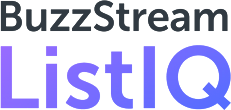
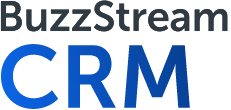 End-to-end outreach workflow
End-to-end outreach workflow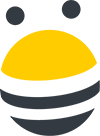


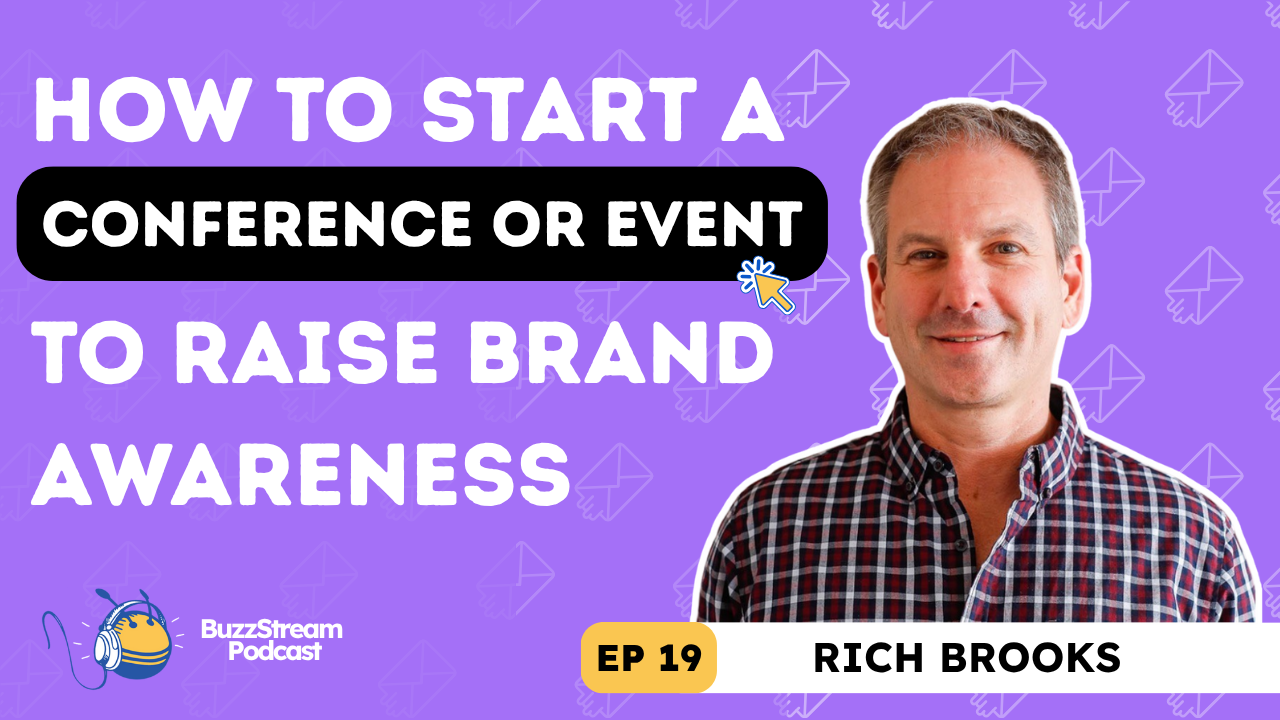
 Check out the BuzzStream Podcast
Check out the BuzzStream Podcast

